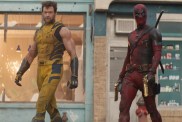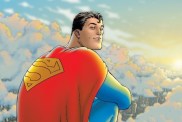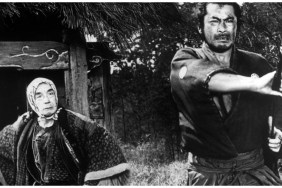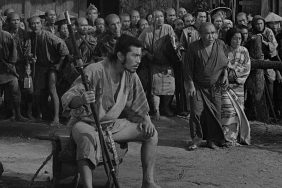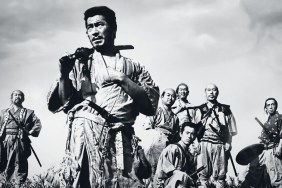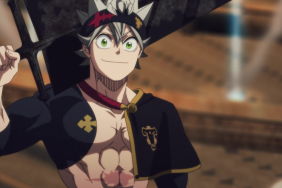
Akira Kurosawa is an influential director. Not just in his native Japan, although he—as well as Yasujirō Ozu and Kenji Mizoguchi—is still considered to be one of the greatest Japanese filmmakers in history. He is influential around the world, cited as an inspiration to the likes of American filmmakers like Francis Ford Coppola, George Lucas, Martin Scorsese, Stanley Kubrick, and Steven Spielberg as well as international auteurs like Ingmar Bergman, Federico Fellini, Satyajit Ray, and Andrei Tarkovsky.
Kurosawa is a giant of cinema—and for good reason. His blocking is flawless; the characters move as if they are aware a camera is fixed on them, and that gives a visual logic to the shots in his films. They work like living photographs. As his own editor, his cuts feel more dynamic—perhaps more fluid, because there is a single visionary at work. But it is not just the technical aspect of his work which is admirable. His films are emotionally affecting. He tells moving stories about the human condition. Even his action films are character-driven. He is able to tell a lot about a character in subtle ways; a master of showing-not-telling.
He is a critical figure in the world of filmmaking, and worth diving into for anyone interested in cinema. Here is a short list of some of the best movies in his body of work.
Seven Samurai (1954)
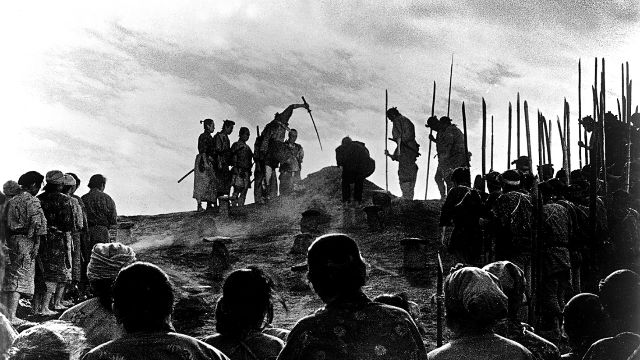
Seven Samurai is a tentpole of cinema. It is frequently alluded to and outright remade—most notably by John Sturges with The Magnificent Seven (1960)—but none of them compare to Kurosawa’s original film. A village of peasants, under threat of attack by bandits, appeal to a group of ronin—samurai without a master to serve—to help them prepare for the imminent invasion. It is a lengthy, beautiful narrative that builds to a gigantic third act.
Purchase now on Amazon for $19.99.
Rashomon (1950)
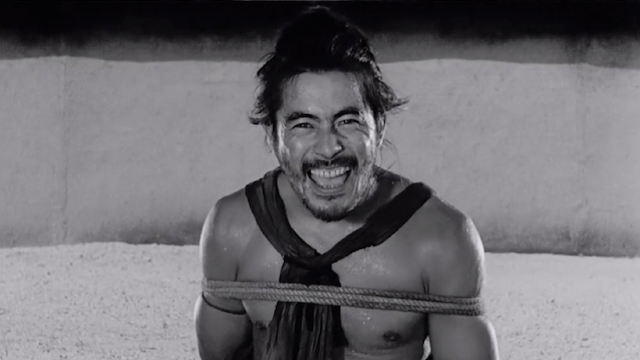
Rashomon continues to be discussed in large part because of its brilliant and unconventional style of storytelling. Kurosawa portrays a single incident—the murder of a samurai—recounted a number of times from different perspectives. Their stories contradict, leaving the viewer frequently second-guessing the characters involved. It remains a crucial, influential piece of cinema even now, nearly 70 years later.
Purchase now on Amazon for $23.91.
Yojimbo (1961)
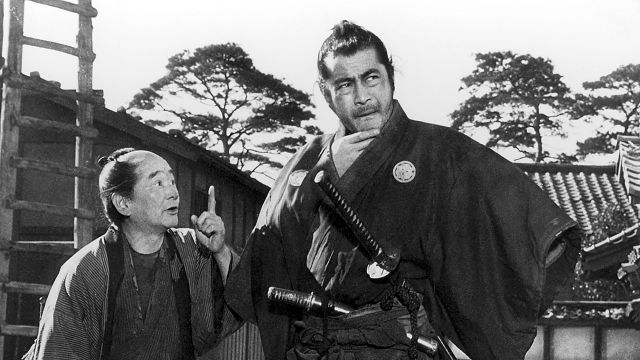
Kurosawa saw Yojimbo as his opportunity to make something fun. Like a number of his films, it inspired a retelling, in the form of Sergio Leone’s A Fistful of Dollars (1964). A wandering ronin without a name finds himself in a town being torn apart by competing for crime lords and their gangs. Making a local pub his homebase, the ronin devises a plan to play both sides of the conflict in an attempt to bring some peace to the village. With a lot of exciting action sequences, fun characters and a breezy runtime of 110 minutes (most of his films are well over 180 minutes) Yojimbo is perhaps Kurosawa’s most accessible film.
Purchase now on Amazon for $22.79.
Kagemusha (1980)
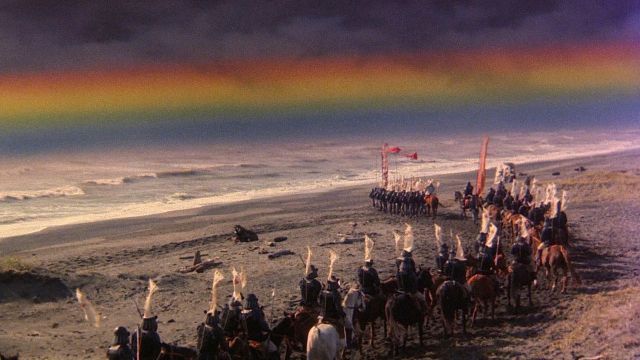
Kurosawa’s late-career masterpiece Kagemusha tells the story of a thief who becomes a political decoy for a feudal lord because of their uncanny resemblance. When the feudal lord dies, the decoy continues to pretend to be him to keep from raising suspicion in the community or among their competing clans. It is one of Kurosawa’s most imaginative pieces and won the Palme d’Or, the highest honor at the Cannes Film Festival in 1980.
Purchase now on Amazon for $27.99.
Hidden Fortress (1958)

Hidden Fortress is widely considered to be the predecessor of the first Star Wars (1977) because they follow very similar beats. The film is told from the perspective of two goofy, bickering peasants who find themselves in the middle of a conflict between two clans. By chance, they end up in the company of the defeated clan’s general and the princess he is sworn to protect. The ragged crew must escape the enemy territory and return to the land of their allies. It is one of Kurosawa’s lightest and most exciting films.
Purchase now on Amazon for $22.19.
Throne of Blood (1957)
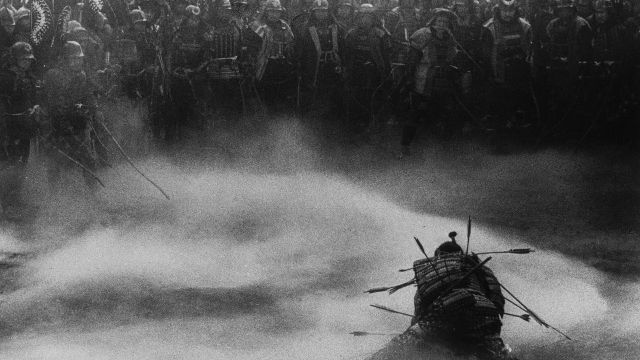
Throne of Blood is Kurosawa’s reimagining of Macbeth set in feudal Japan. Longtime Kurosawa muse Toshiro Mifune plays the central role as Washizu Taketoki, the general to a king’s army. As the Macbeth role, he kills his king in a grab for more power and the fallout of his actions spiral out of control. It is a great film with a memorable ending which Kurosawa makes all his own.
Purchase now on Amazon for $23.88.
Ikiru (1952)
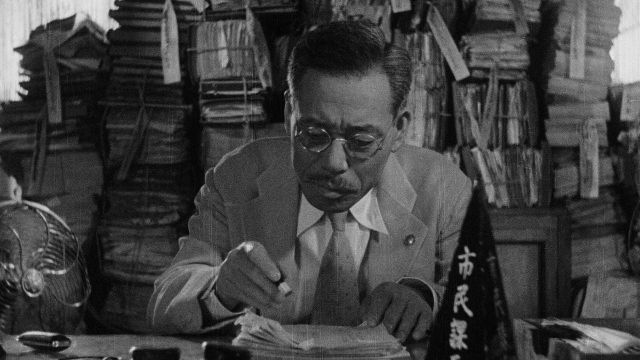
Kurosawa’s film Ikiru, which can be translated to mean “To Live” is perhaps his most bittersweet. It tells the story of a terminally ill bureaucrat who finds himself questioning whether his life was lived well. He decides to make his final act as an employee of the Tokyo government an attempt to push through all the red tape to build a playground for some local children. It is a heart-wrenching and thought-provoking piece with a powerful performance by Takashi Shimura, another favorite actor of Kurosawa’s.
Purchase now on Amazon for $27.39.
Ran (1985)
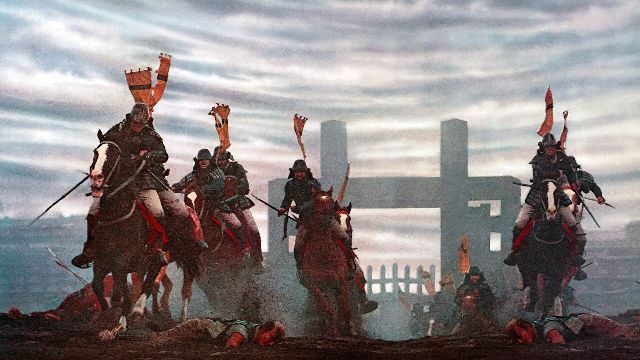
Ran is another Shakespearean adaptation from Kurosawa. Like its source material, the tragedy King Lear, Ran portrays an aging warlord who decides he must abdicate his throne and cede control of his territory to his three sons. He underestimates the lengths those around him will go to rid themselves of him and each other to gain complete control of the territory. After spending most of his career working in black and white, Ran is especially notable for its striking use of color.
Purchase now on Amazon for $19.99.
Stray Dog (1949)
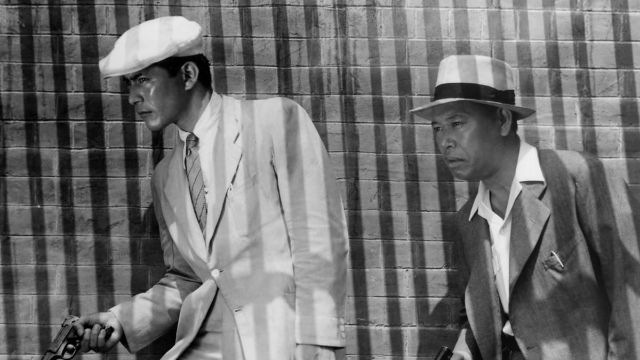
Stray Dog is made in the style of a noir crime film. A young homicide detective who gets his gun stolen on a train and must track it down. Upon learning it has been used in a number of violent crimes, he and his aging partner work to identify the perpetrator. It is a worthwhile film and credited as one of the important predecessors to the contemporary crime genre.
Purchase now on Amazon for $22.97.
Sanjuro (1962)
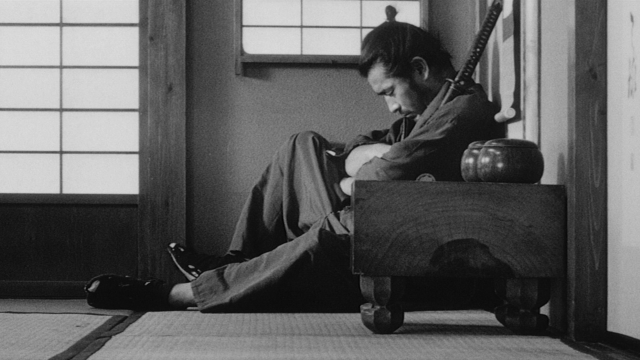
Sanjuro is Kurosawa’s sequel to Yojimbo. The audience finds the nameless ronin stumbling into a town run by a corrupt politician. He once again takes it upon himself to help by directing the group of naive young samurai to help him operate in the shadows to reveal the politician’s misdeeds. Sanjuro is not quite a zany as its predecessor but builds off of its central character in a satisfying way. In and of itself it is another great piece by Kurosawa.
Purchase now on Amazon for $25.56.
We are a participant in the Amazon Services LLC Associates Program, an affiliate advertising program designed to provide a means to earn fees by linking to Amazon.com and affiliated sites.





